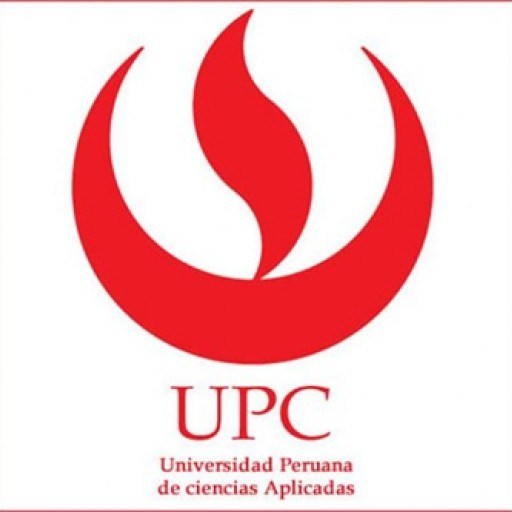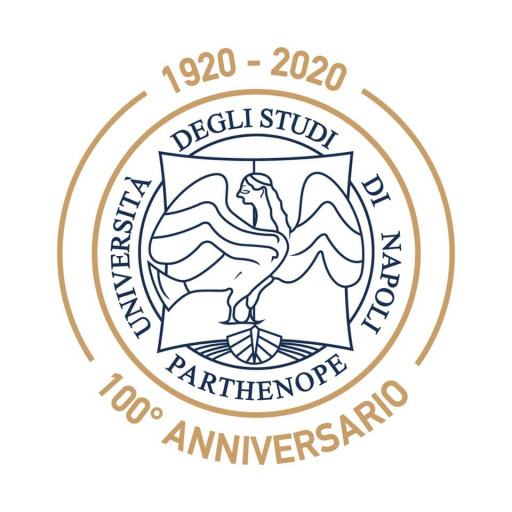The European Master in Distributed Computing (EMDC) offered by the University of Applied Sciences (UPC) is a comprehensive interdisciplinary program designed to prepare students for advanced careers in the rapidly evolving field of distributed computing technologies. This master's degree emphasizes both theoretical foundations and practical applications, equipping graduates with the skills necessary to design, develop, and manage complex distributed systems across various sectors including industry, research, and academia.
Throughout the program, students gain in-depth knowledge of core topics such as distributed algorithms, cloud computing, grid computing, data management, and high-performance computing. The curriculum also covers essential areas like network security, virtualization, and service-oriented architecture, highlighting the interdisciplinary nature of modern distributed systems. The program combines rigorous coursework with practical laboratory work, enabling students to apply their knowledge to real-world challenges through projects, internships, and collaborations with industry partners.
The program is structured in a way that encourages international cooperation and cultural exchange, offering students the opportunity to study in different European universities within the consortium. This mobility component not only broadens participants’ perspectives but also enhances their adaptability and intercultural communication skills, which are crucial in today's globalized tech industry.
Graduates of the EMDC program are well-prepared for roles such as distributed systems engineers, cloud architects, research scientists, and system administrators. They possess a solid understanding of the latest distributed computing paradigms and the ability to innovate and solve complex computational problems. The program also serves as a strong foundation for those wishing to pursue doctoral studies or careers in research institutions.
With a curriculum designed by leading academics and industry experts, the European Master in Distributed Computing offers a recognized, high-quality education aligned with European standards and labor market demands. By completing this program, students will be at the forefront of distributed computing advancements, ready to contribute to technological innovations and digital transformation initiatives across Europe and beyond.
The European Master in Distributed Computing (EMDC) offered by the University of Applied Sciences (UPC) provides students with comprehensive knowledge and practical skills in the design, implementation, and management of distributed computing systems. This program is designed to prepare the next generation of professionals capable of addressing the challenges of modern computing environments that are inherently decentralized and interconnected across various domains such as cloud computing, edge computing, Internet of Things (IoT), and big data processing.
Throughout the program, students will engage with a broad curriculum that covers core topics like distributed algorithms, parallel and distributed systems architecture, middleware and networking, security in distributed environments, fault tolerance, and system scalability. Emphasizing both theoretical foundations and practical applications, the program includes hands-on projects, case studies, laboratory exercises, and collaborations with industry partners. This approach ensures that graduates are not only proficient in the fundamental principles of distributed computing but also equipped with the skills necessary to develop real-world distributed applications and optimize system performance.
The program also explores emerging trends and technologies such as blockchain, fog computing, and machine learning integration within distributed architectures. Students will learn about the challenges of data consistency, privacy, and security in distributed systems, gaining a solid understanding of how to design robust and secure solutions. To foster international collaboration and cultural diversity, the EMDC program is delivered in English, attracting students from various countries, and includes study modules offered by partner institutions across Europe.
A distinctive feature of the EMDC program is its emphasis on research and innovation, encouraging students to participate in research projects and contribute to advancements in distributed computing. The program prepares graduates for careers in academia, research institutions, and industry, including roles such as system architects, cloud infrastructure engineers, distributed software developers, and cybersecurity specialists. Partners and employers value the program's focus on cutting-edge technology, practical training, and the development of a global professional network.
Graduates of the European Master in Distributed Computing will possess a deep understanding of distributed systems and the ability to innovate within this rapidly evolving field. With the growing importance of distributed solutions in modern digital infrastructure, this program offers a unique opportunity to advance technical expertise and build a successful career in this dynamic industry.
Transcript of Records with a minimum of 60 ECTS credits in core computer science subjects, including algorithms, data structures, and distributed systems. A bachelor's degree in computer science, information technology, or a closely related field from an accredited university is required. Applicants must demonstrate proficiency in English, typically through standardized tests such as TOEFL or IELTS, unless their prior education was conducted in English. Prior programming experience in languages such as Java, C++, or Python is expected, along with a solid understanding of operating systems and networking fundamentals. The programme prefers candidates with prior exposure to distributed computing paradigms, cloud computing, or parallel processing. Submission of a motivational letter explaining interest in distributed computing and career goals is necessary. Some programmes may require letters of recommendation from academic or professional references. Candidates should have a minimum of one year of relevant work experience in computing or technology fields, although fresh graduates with outstanding academic records may also be considered. Applicants need to complete the online application form and pay the application fee. Additional documents such as a CV/resume, passport copy, and academic transcripts must be uploaded. The selection process evaluates academic achievements, motivation, relevant experience, and language proficiency. The programme encourages diverse applicants by considering extracurricular activities, research projects, or internships related to distributed computing. Successful candidates will be invited for an interview (online or in-person) to assess motivation and communication skills. No specific entrance examination is required beyond the standard application process. Students are expected to have a basic understanding of distributed systems and network security concepts to fully benefit from the coursework. The programme adheres to the admission policies of the university, ensuring equal opportunity for all qualified applicants.
The European Master in Distributed Computing (EMDC) offered by the University of Applied Sciences (UPC) provides various financing options to support students throughout their studies. Scholarships are available for outstanding applicants, including merit-based awards that may cover partial or full tuition fees. These scholarships are typically granted based on academic excellence, motivation, and relevant experience, and applicants are encouraged to submit detailed application packages to be considered. Additionally, UPC offers government-funded loans and financing schemes in collaboration with national agencies, which allow students to distribute payments over the duration of their studies, making education more accessible. Many students also benefit from Erasmus+ mobility grants, which support international exchanges and joint study programs within Europe, reducing overall costs. The university provides detailed information on how to apply for financial aid on its official website and recommends early application to maximize the chances of receiving funding. Students are advised to explore external scholarships offered by private foundations, industry partners, and governmental programs aimed at fostering international education in the field of distributed computing and related areas. Furthermore, some students may qualify for work-study arrangements or part-time jobs facilitated by the university campus, helping to cover living expenses while pursuing their master's degree. UPC also provides guidance and counseling services for prospective students to understand the full range of available financial support options. Overall, the program is designed to be accessible through a combination of institutional scholarships, governmental aids, external funding, and personal financing strategies, ensuring that talented students can undertake advanced studies in distributed computing without financial barriers.
The European Master in Distributed Computing (EMDC) offered by the University of Applied Sciences (UPC) is a comprehensive postgraduate program designed to equip students with advanced knowledge and skills in the field of distributed systems and computing. The program focuses on the theoretical foundations as well as practical applications of distributed computing, enabling graduates to address complex challenges in computing infrastructures, cloud computing, big data management, and high-performance systems.
The curriculum encompasses core subjects such as parallel and distributed algorithms, network architectures, middleware, and data management. Students also engage in specialized courses covering cloud computing platforms, security in distributed environments, and the latest developments in distributed systems architecture. Emphasizing a hands-on approach, the program includes laboratory work, project-based learning, and collaborative research activities, giving students real-world experience with cutting-edge technologies.
The EMDC program is typically oriented toward students with backgrounds in computer science, information technology, or related fields. It promotes an international learning environment, often involving joint coursework and mobility opportunities with partner institutions across Europe. This international dimension fosters cross-cultural collaboration and prepares students for careers in global tech companies, research institutions, or entrepreneurial ventures.
Graduates of the EMDC program are highly qualified for roles in software development, systems architecture, IT consultancy, and research. They are well-positioned to contribute to innovations in distributed computing and to carry out research in academia or industry. The program's emphasis on up-to-date technological trends and industry collaboration ensures that students are job-ready upon graduation.
Admission requirements typically include a relevant bachelor's degree, proficiency in English, and motivation to pursue advanced studies in distributed systems. The program duration is usually two years, with opportunities for internships or industry placements integrated into the curriculum. Upon completion, students receive a master's degree recognized across Europe, facilitating further academic opportunities or employment worldwide.
Overall, the European Master in Distributed Computing at UPC offers a rigorous and dynamic educational experience aimed at preparing the next generation of computing professionals capable of leading innovations in distributed and cloud computing fields.








